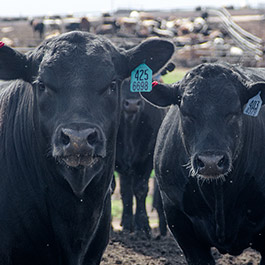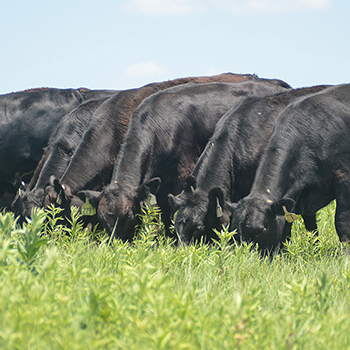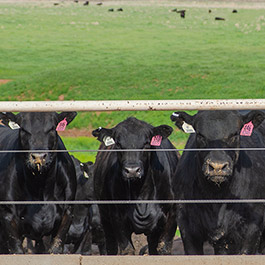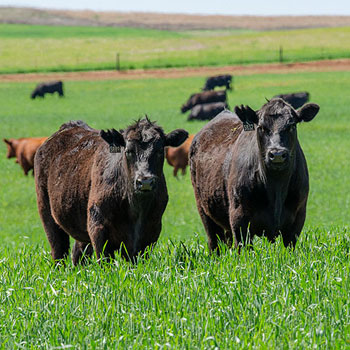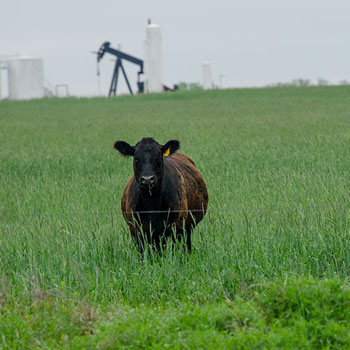Internal Parasite Strategies
Stocker managers should control performance thieves.
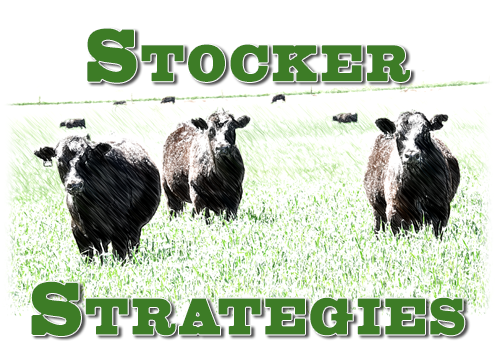
Internal parasites are the performance thieves you can’t see. Nematodes, with many subsets of specific pests, are one of the biggest nuisances to the cow-calf industry. These parasites siphon nutrients from a calf. To make matters worse, the parasites create a physiological effect that tells the calf it’s not hungry. Mitch Blanding, associate director of beef technical services with Zoetis, offers some tips on fighting these parasites.
Strategic deworming is only the first line of defense. He says 90% of parasites are in the environment. In a perfect world, producers would deworm animals at the time infective larvae reemerge, and thus protect animals from overwintering larvae and decrease reinfection.
Given their lack of previous exposure and inherent susceptibility to parasites, calves are the most likely to be infested, Blanding explains. They also act as multipliers, because they have a greater concentration of parasite eggs in their feces.
Unfortunately, immunity transferred through colostrum doesn’t have much effect on internal parasites, so parasiticides are useful in decreasing the population within an animal. They are available as injectable, pour-on and oral dosing methods (You can learn more in this ABB EXTRA insecticide ingredient article.
Blanding notes some risky management behaviors to avoid when it comes to mitigating parasites. Underdosing because you don’t know the actual weight of the animal is a huge issue. It lessens the effectiveness of the parasiticide for the animal and thus can create resistant parasites.
Because generic anthelmintics, commonly referred to as dewormers, have become inexpensive, they can also be overused, especially pour-on formulations. However, overuse doesn’t mean correct doses simply used often. Multiple exposures to subtherapeutic doses can ultimately lead to parasite resistance and reduced efficacy.
“From a stewardship perspective, we have to be paying attention. We need to keep these dewormers as tools in the long run, so we have to use them correctly,” he says.
Effective parasite control must be part of a comprehensive herd health program, so Blanding suggests discussing options with your herd veterinarian.
